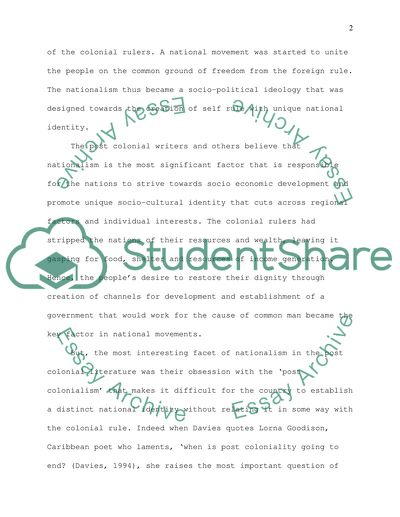Cite this document
(“The Analysis of Nationalism Research Paper Example | Topics and Well Written Essays - 2250 words”, n.d.)
The Analysis of Nationalism Research Paper Example | Topics and Well Written Essays - 2250 words. Retrieved from https://studentshare.org/history/1724282-nationalism
The Analysis of Nationalism Research Paper Example | Topics and Well Written Essays - 2250 words. Retrieved from https://studentshare.org/history/1724282-nationalism
(The Analysis of Nationalism Research Paper Example | Topics and Well Written Essays - 2250 Words)
The Analysis of Nationalism Research Paper Example | Topics and Well Written Essays - 2250 Words. https://studentshare.org/history/1724282-nationalism.
The Analysis of Nationalism Research Paper Example | Topics and Well Written Essays - 2250 Words. https://studentshare.org/history/1724282-nationalism.
“The Analysis of Nationalism Research Paper Example | Topics and Well Written Essays - 2250 Words”, n.d. https://studentshare.org/history/1724282-nationalism.


